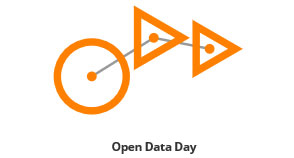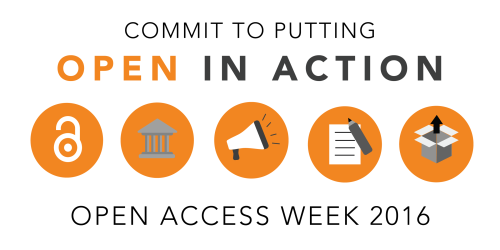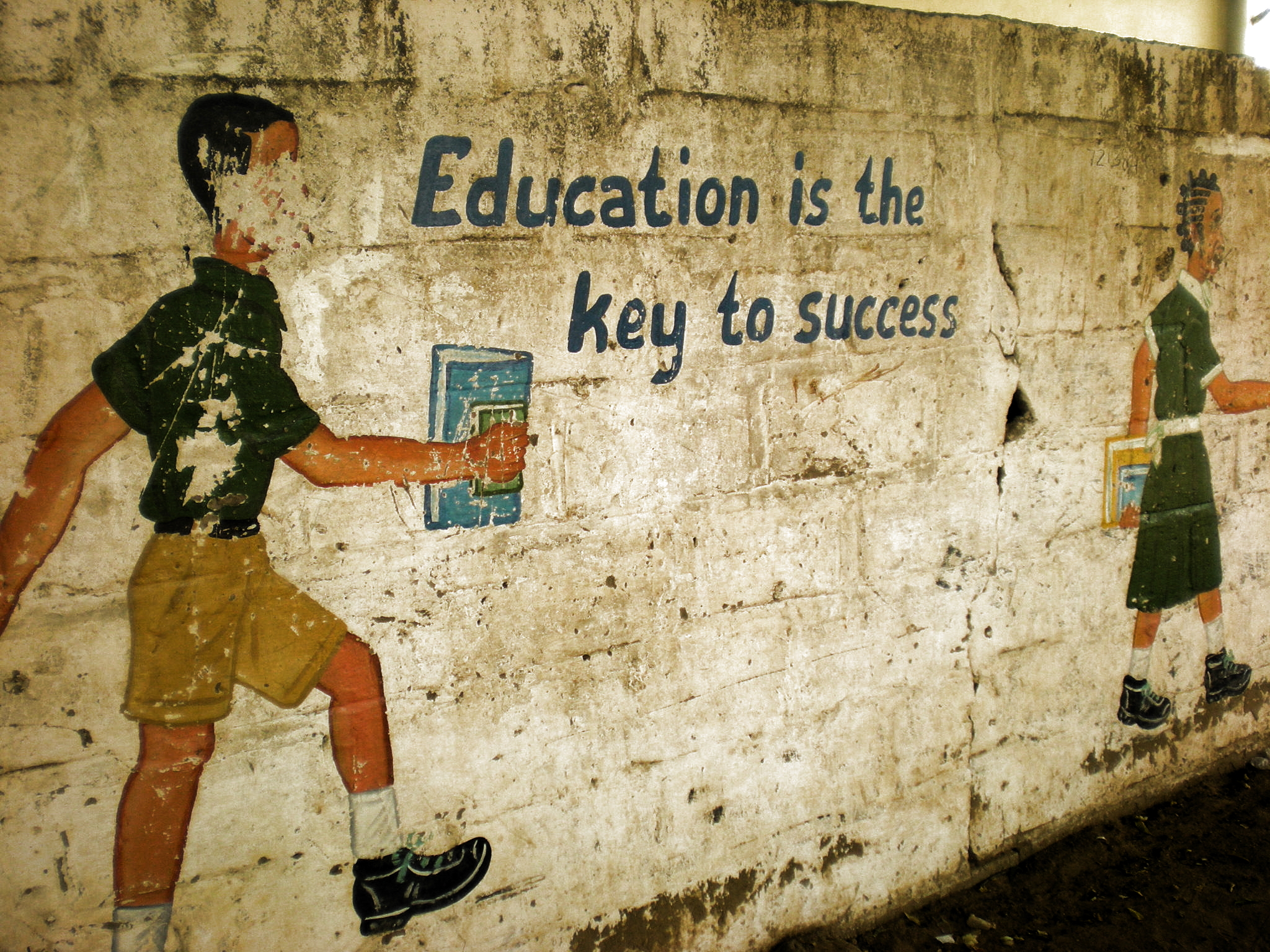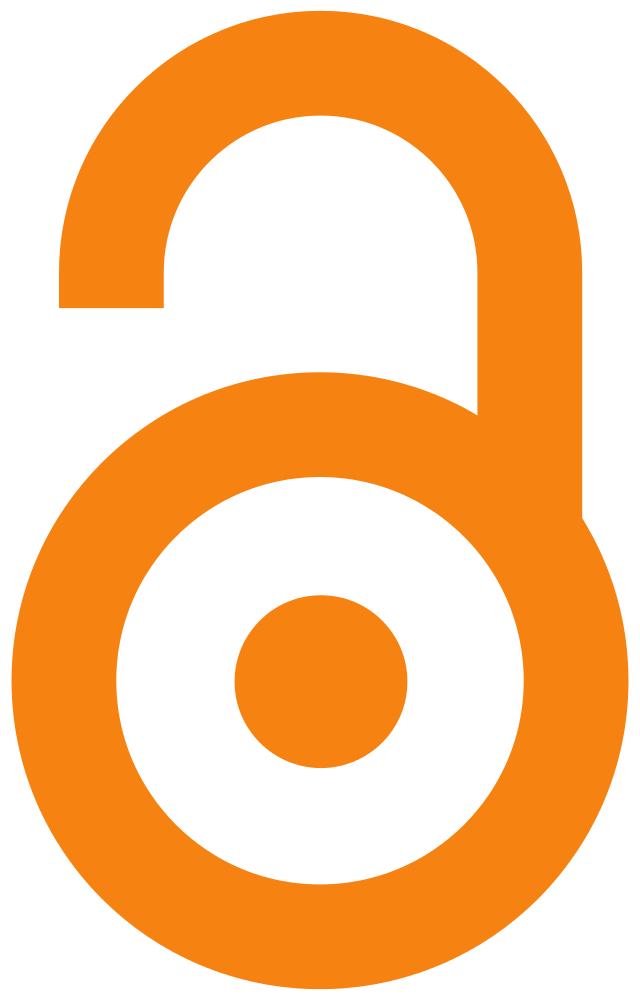 ECS is committed to open access through Free the Science, an initiative to completely open our research library and implement open science tools to further scientific advancement in our fields of research.
ECS is committed to open access through Free the Science, an initiative to completely open our research library and implement open science tools to further scientific advancement in our fields of research.
Our efforts are part of a much larger movement happening across the world. The Open Research Funders Group was announced late last year with foundational support from big names like the Bill & Melinda Gates Foundation, Alfred P. Sloan Foundation, Laura and John Arnold Foundation, and the John Templeton Foundation, to name a few. Recently, the James S. McDonnell Foundation joined the group that is committed to increasing access to research outputs. Using their positions as major funding institutions, the group believes that openness accelerates discovery, reduces information-sharing gaps, encourages innovations, and promotes reproducibility. See a complete list of members of the Open Research Funders Group here.
Former U.S. Vice President Joe Biden announced in a speech to the American Association for Cancer Research that open access, open data, and new research incentives are the best way to contribute to the fight against cancer. In line with his Cancer Moonshot initiative, Biden laid out a series of policy priorities to incentivize open sharing of research data and open access to research articles. Learn more about the Cancer Moonshot initiative here.


 ECS isn’t the only one celebrating an anniversary this year. As we celebrate 115 years of excellence as a publisher, meeting convener, and multi-faceted scientific society, this year also marks an important 15-year milestone in the open access movement. In 2002, the Budapest Open Access Initiative was hosted by the Open Society Foundations and to this day serves as a landmark meeting in communicating the importance and urgency of open access necessities.
ECS isn’t the only one celebrating an anniversary this year. As we celebrate 115 years of excellence as a publisher, meeting convener, and multi-faceted scientific society, this year also marks an important 15-year milestone in the open access movement. In 2002, the Budapest Open Access Initiative was hosted by the Open Society Foundations and to this day serves as a landmark meeting in communicating the importance and urgency of open access necessities.
 On March 4, 2017, ECS will be celebrating
On March 4, 2017, ECS will be celebrating 
 Children struggle to learn when they don’t have science labs and libraries. Learning becomes difficult in classrooms that are falling apart, or where children are expected to sit on the floor because they have neither desks nor chairs.
Children struggle to learn when they don’t have science labs and libraries. Learning becomes difficult in classrooms that are falling apart, or where children are expected to sit on the floor because they have neither desks nor chairs. NASA recently announced that all research funded by the space agency will be accessible to anyone looking to access the data at absolutely no cost.
NASA recently announced that all research funded by the space agency will be accessible to anyone looking to access the data at absolutely no cost. In 1995, Forbes published an article entitled, “
In 1995, Forbes published an article entitled, “